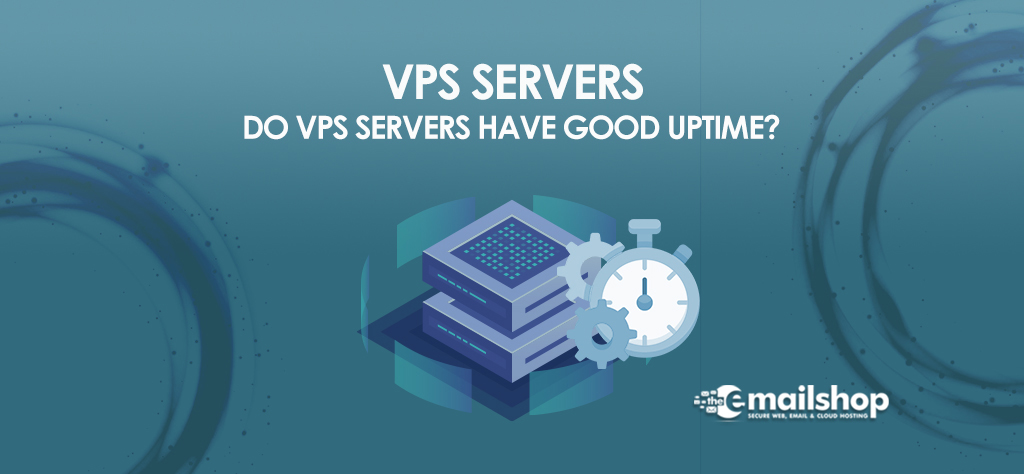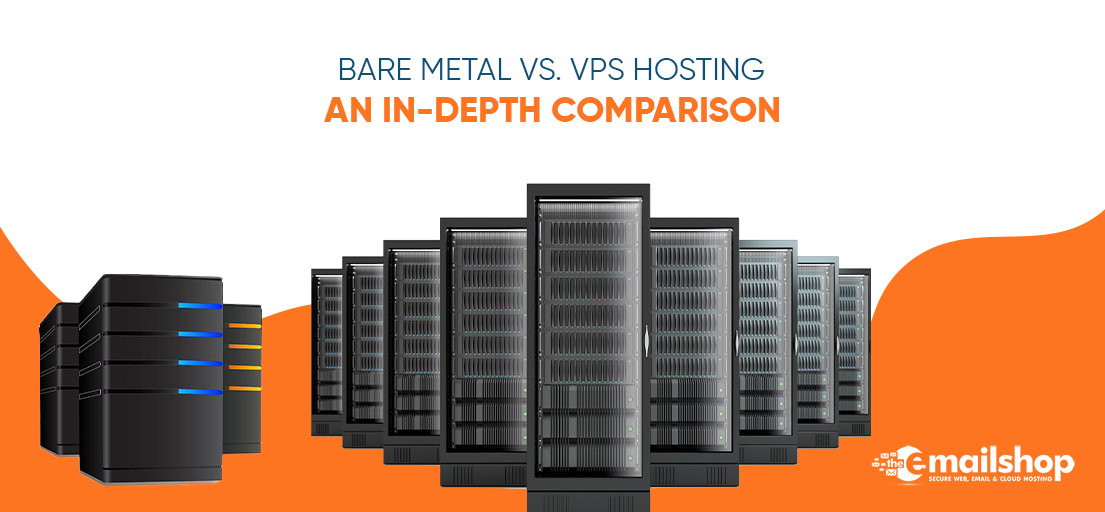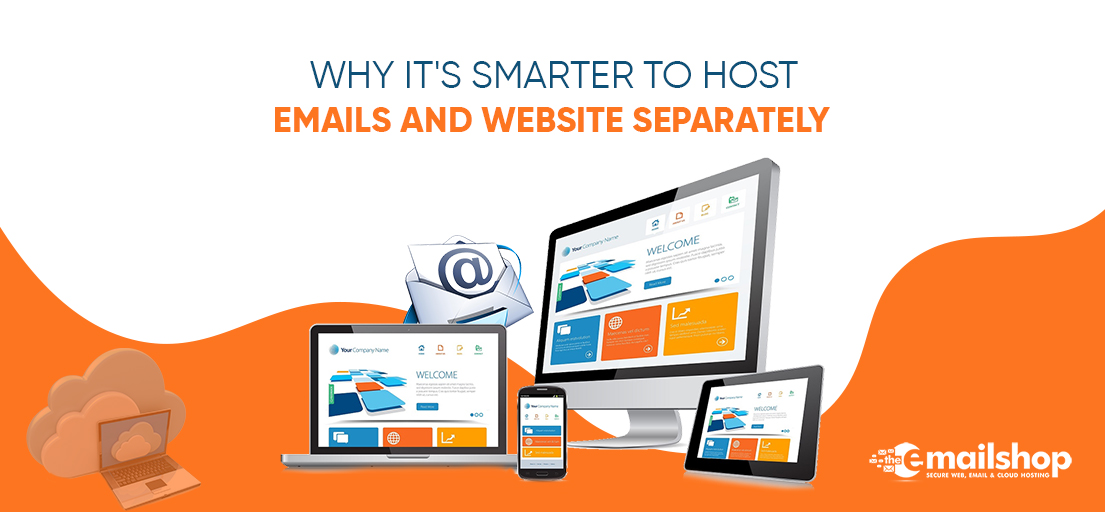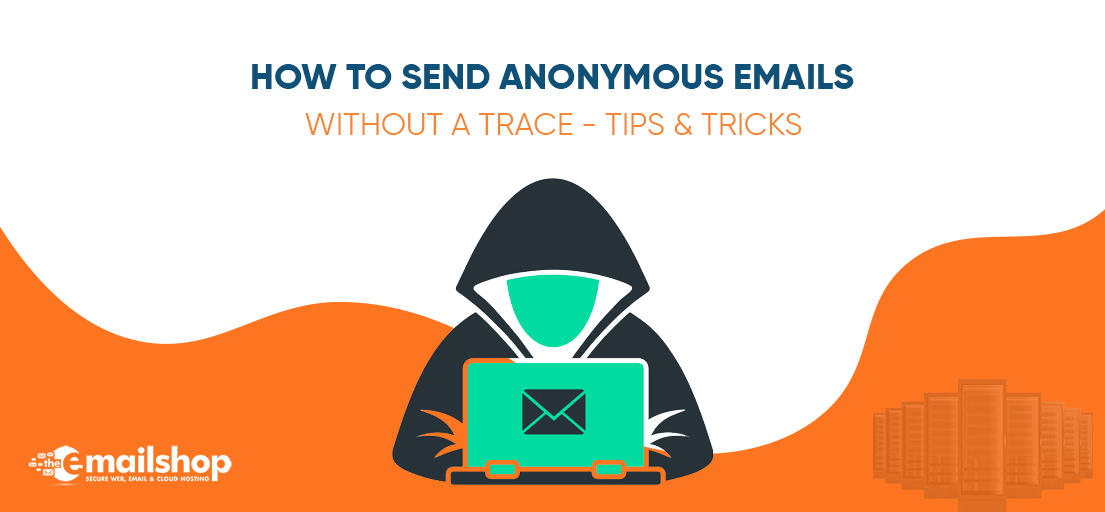It is a frustrating experience when you visit a website, and it is not available. Let us understand it from the opposite side. You want to build an online business. You will try to find the server with the best possible uptime. Would VPS servers be a good choice? Let us discuss this in this article.
Web Hosting Uptime: What Does It Mean?
It is not easy to explain the differences between different web hosting solutions. Providers utilize many other parameters to show what they are good at. Uptime is one of those parameters. It is the percentage of time your server is up and running, and anyone can access your website.
Uptime is the critical parameter since it tests whether you are getting the value for your money or not. You sign up for a hosting account and pay your provider, making your website accessible worldwide. What are you paying for if it is not accessible for a significant time? Can an unavailable beautiful website help you earn a single penny?
What Counts As Good Server Uptime?
Setting up a reliable hosting environment is a long and complex task. So many factors work in the ground to keep the server up. There always is the possibility of things going wrong. But website being up is a crucial matter that can make or break the business. That is why the industry standard uptime is at least 99.9%.
And if there is a problem, the technical experts should always be there to resolve the issue shortly.
How Reliable Are VPS Servers for The Uptime?
Yes, and the secret to this is the isolated virtual private server. It helps VPS offer reliable uptime. The providers can build a layer between the virtual machines and the underlying infrastructures to enable the virtualization technology. Since there are guaranteed resources and dedicated IP, the chances of problems leading to downtime are rare.
Another good side of this technology is that the chances of overselling are too low. But unfortunately, some companies try this dirty trick to increase their revenue.
They use a single physical server for many hosting accounts. The result is overloaded machines, compromised performance, and ultimately downtime. Virtualization technology works differently. It creates several isolated virtual environments on a physical server, so overselling is impossible.
Tips & Tricks To Improve The Downtime of Your Website
Chances of unwanted outages are always there. No matter how hard you try to keep the server up and running all the time. Here are some things you can do to ensure uptime.
Use A Website Monitoring Service
The sooner you take action, the more quickly you can resolve the issue. Take action immediately if you see that the website is down. A better strategy is proactive monitoring. You should be able to solve the problem before its effects start. Of course, you cannot keep checking your website all the time.
So, you need a website monitoring service that pings your website and ensures it is always responsive. It will notify you immediately if something goes wrong. Hence, you can address the issue in the minimum possible time.
Select The Right Hosting Plan
Not having enough hardware resources is another significant downtime reason. Otherwise, the server would take too much load and finally shut down the website. So, it is critical to track the load your server takes. But how to track it? Well, many providers offer good tools to monitor the usage of hardware resources. You should monitor the website’s loading speed if your provider is not offering these things. If it decreases when the traffic increases, you should think about switching to a better hosting solution provider.
Utilize Site Caching
The more people visit your website simultaneously, the more requests the server would have to process. It will have to load all different website elements for every single user. The caching technique runs some requests in advance and stores the data. That way, the hardware gets some time to relax. Caching serves many homepage components directly. Hence, the server has to run fewer steps, and the websites start loading fast.
Use Content Delivery Network
CDN also offers the same benefits. It loads some static data of your website in advance. Hence, your visitors enjoy better page loading time. However, the working mechanisms are different. The content delivery network distributes the static files across a worldwide network of servers. The basic philosophy is to reduce the physical distance between visitors and information. That significantly improves the page loading speed.
The main advantage is that the primary hosting server does not have to process and serve all data. You do not need to process and serve all the data when the load is lesser. When the load reduces, the probability of downtime also reduces.
You Might Also Like to Read: UK VPS Why Location Matters?
Putting It All Together
Uptime is a crucial parameter for websites. It impacts everything from user experience to search engine rankings. Therefore, uptime is one of the first things we see in the potential web hosting partner. A strong uptime is critical to building the brand reputation.
Yes, the VPS server can bring you remarkable uptime, but you must select wisely. Otherwise, you will always be at the risk of an outage.
For Discount and Offers, Visit our Official Facebook Page









